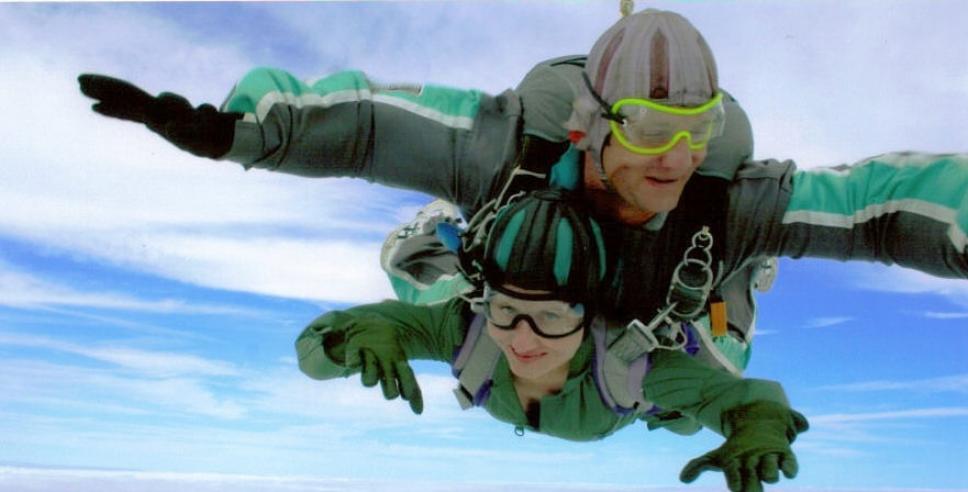
Over time, Louise’s mobility has got worse. Now, she can take just a few steps at a time. Everyday tasks are challenging. For example, lifting a kettle is increasingly difficult, and Louise can’t use a knife. She also finds it incredibly difficult to rise from a low seat or do up buttons on clothing.
Louise applied for PIP in 2017, experiencing difficulties filling out the form, as her condition causes weakness on her right-hand side, which means holding a pen can be tiring and moving her arm painful. Louise had to fill in bits of the application at a time, but managed to complete it within the stipulated time-frame. She says:
I found applying for PIP an emotionally challenging process. The questions were biased towards what you can’t do or what you struggle with – I guess rightly so under the circumstances, yet it’s another mental hurdle to overcome. Afterwards, I felt really gloomy for a few days. Having to be honest and think in-depth about the copious assistance that’s now required emphasised how increasingly dependent I was becoming.
Louise currently receives PIP and ESA. At one PIP assessment, there was no basic understanding of her condition. Louise says she regularly experiences ignorance about her condition. She adds:
At one of my assessments there wasn’t even a basic understanding of a progressively deteriorating muscle-wasting condition; I remember taking a deep breath and counting to 10 a lot! I think it would be really helpful if the patient’s hospital consultant could be the assessor, as the medical history is known and – more importantly – is fully understood by someone familiar. The amount of prolifically wasted funds being spent on those who have little or no understanding of muscle-wasting conditions is appalling. Why not utilise the existing experts? They’re already known to the patient, thereby immediately eliminating the majority of the unnecessary stress caused by such assessments.
I’ve lost count of how many healthcare professionals seem convinced that there’s a miracle pill which would instantly eradicate my condition. It’s an extremely frustrating attitude to deal with given I have a clinically diagnosed genetic disorder and it frequently feels like the other party thinks I’m exaggerating or, worse, lying. Even providing written evidence from my neuromuscular care advisor can sometimes seem inadequate.

